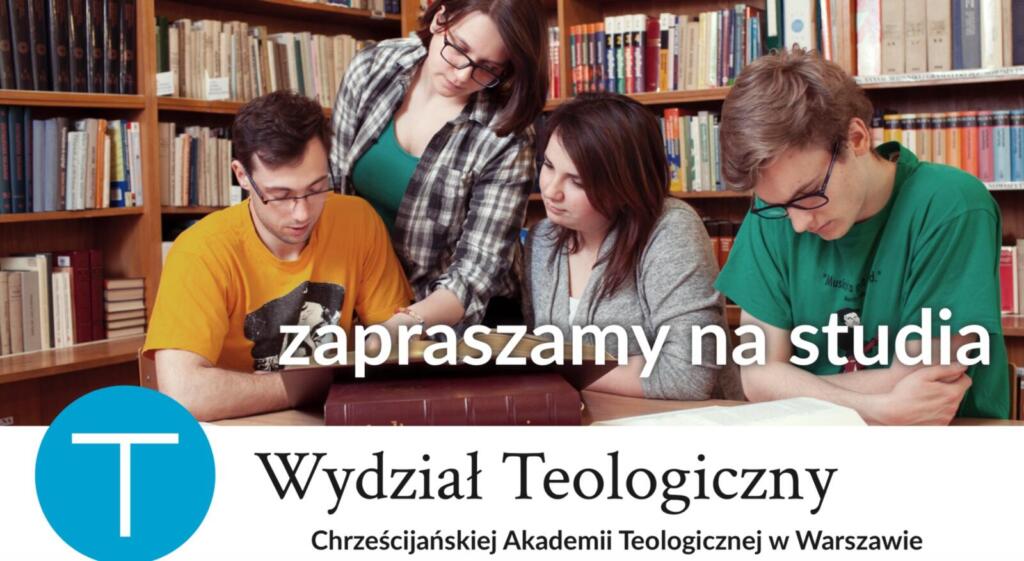The Reformation placed great emphasis on the education of boys and girls to enable them to study the Scriptures, which is why schools were established at parishes from the 16th century onward.
Today, there are private schools and kindergartens within the church, which are usually run by evangelical foundations or societies. The activities of these schools are sometimes linked to the parishes: for example, buildings are leased from them and students who are parish members benefit from scholarships. The schools are open to all denominations, religions and beliefs, and their charters refer to a system of values based on Christian traditions, tolerance, and the evangelical work ethos.
Schools run by Lutherans are in Cieszyn (www.lote.cieszyn.pl), Wrocław (www.cekiron.pl), Bielsko-Biała (www.rejbb.pl), Kraków (www.szkolyreja.pl), Gliwice (www.szkolyete.pl) and Warsaw (www.eto.org.pl).
The idea of teaching is based on Protestant ethos. Students, educated in the spirit of honesty and diligence, are encouraged to think and act in an independent and bold manner.

Christian Theological Academy
Future pastors study at the Christian Theological Academy in Warsaw (ChAT). The ChAT is an ecumenical university (Evangelical, Old Catholic, and Orthodox sections) and has two faculties: theology and social sciences. It educates teachers of religious education and school counselors, as well as professionals active in social rehabilitation and social work. The ChAT is also the academic patron of the Ecumenical University of the Third Age, which is a cultural and educational institution for senior citizens.
After graduating from the ChAT with a master’s degree in evangelical theology, pastoral candidates are required to complete an internship in parishes and attend classes at the Pastoral Institute. These include further training for assistant pastors and pastor-administrators.
Training, courses and mediation
Further training courses for clergy and church workers are also organized by the Society for Counseling and Pastoral Psychology. It was inspired by the pastoral counseling and superintendence courses organized by the Association of Pastors and Catechists of ECACP, in cooperation with the Deutsche Gesellschaft für Pastoralpsychologie, the Society for Intercultural Pastoral Care and Counselling, and the Chair of Practical Theology of the Christian Theological Academy in Warsaw.
The church maintains a Mediation and Counseling Center (CMP), whose aim is to support amicable resolution of conflicts, for instance between clergy themselves, or laity, as well as between clergy and the laity.